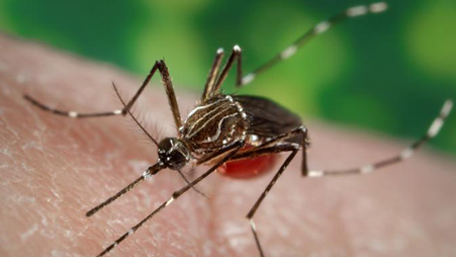
10/23/2019
Hot Topics of the Day are picked by experts to capture the latest information and publications on public health genomics and precision health for various diseases and health topics. Sources include published scientific literature, reviews, blogs and popular press articles.
Sign up MyPHGKB to receive the daily hot topic email alert.
Archived Hot Topics of the Day By Date
Cost-effectiveness of Active Identification and Subsequent Colonoscopy Surveillance of Lynch Syndrome Cases.
Peterse Elisabeth F P et al. Clinical gastroenterology and hepatology : the official clinical practice journal of the American Gastroenterological Association 2019 Oct
Survival by colon cancer stage and screening interval in Lynch syndrome: a prospective Lynch syndrome database report
MD Valentin et al, Hereditary Cancer in Clinical Practice, October 2019
Ethnic disparities among men with prostate cancer undergoing germline testing.
Kwon Daniel Hyuck-Min et al. Urologic oncology 2019 Oct
Disruptive Technologies for Environment and Health Research: An Overview of Artificial Intelligence, Blockchain, and Internet of Things.
M Bublitz Frederico et al. International journal of environmental research and public health 2019 Oct 16(20)
KETOS: Clinical decision support and machine learning as a service - A training and deployment platform based on Docker, OMOP-CDM, and FHIR Web Services.
Gruendner Julian et al. PloS one 2019 (10) e0223010
Clinical applications of artificial intelligence in sepsis: A narrative review.
Schinkel M et al. Computers in biology and medicine 2019 Oct 115103488
Alzheimer's Disease-Genes Do Not Equal Destiny
CDC Podcast, October 22, 2019

In shocking reversal, Biogen to submit experimental Alzheimer’s drug for approval
M Herper, Stat News, October 22, 2019
DNA extraction for human microbiome studies: the issue of standardization
KL Greathouse et al, Genome Biology, October 21, 2019
Mapping genetic interactions in cancer: a road to rational combination therapies
B Tutuncioglu et al, Genome Medicine, October 22, 2019
Advances in omics-based methods to identify novel targets for malaria and other parasitic protozoan infections
AN Cowell et al, Genome Medicine, October 22, 2019
Genetically determined serum urate levels and cardiovascular and other diseases in UK Biobank cohort: A phenome-wide mendelian randomization study.
Li Xue et al. PLoS medicine 2019 Oct (10) e1002937
Choosing wisely: Selecting PARP inhibitor combinations to promote anti-tumor immune responses beyond BRCA mutations.
Veneris Jennifer Taylor et al. Gynecologic oncology 2019 Oct
Disclaimer: Articles listed in Hot Topics of the Day are selected by Public Health Genomics Branch to provide current awareness of the scientific literature and news. Inclusion in the update does not necessarily represent the views of the Centers for Disease Control and Prevention nor does it imply endorsement of the article's methods or findings. CDC and DHHS assume no responsibility for the factual accuracy of the items presented. The selection, omission, or content of items does not imply any endorsement or other position taken by CDC or DHHS. Opinion, findings and conclusions expressed by the original authors of items included in the Clips, or persons quoted therein, are strictly their own and are in no way meant to represent the opinion or views of CDC or DHHS. References to publications, news sources, and non-CDC Websites are provided solely for informational purposes and do not imply endorsement by CDC or DHHS.
- Page last reviewed:Feb 1, 2024
- Page last updated:Apr 21, 2024
- Content source:











